‘Keep It in the Ground’ New Face of Environmental Activism
Going forward, we know what the new environmental activism looks like. They have told us. They call it: “Keep it in the ground.”
Going forward, we know what the new environmental activism looks like. They have told us. They call it: “Keep it in the ground.”
While campaigning in August 2008, President Obama called for one million plug-in hybrid and electric vehicles (EV) on the road by 2015.
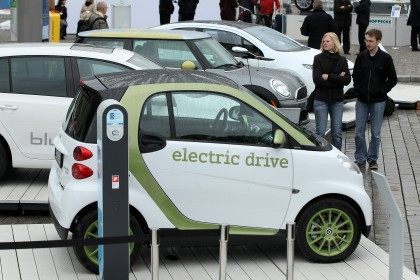
On Tuesday, January 19, at the Iowa Renewable Fuels Summit, Iowa’s long-time Governor Terry Branstad jumped into the campaign fray by attempting to influence the outcome of the February 1 caucus: “I don’t think that Ted Cruz is the right one for Iowans to support in the caucus.”
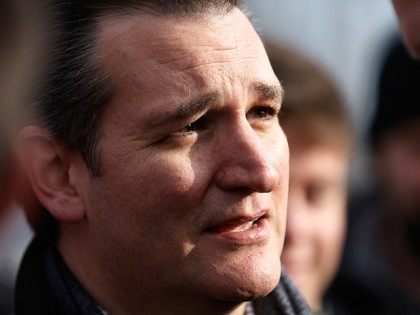
By now, most people are aware of President Obama’s 2008 campaign promise to bankrupt the coal industry—which he acknowledged would “necessarily” cause electricity to skyrocket. Seven years later, that is a campaign promise he is keeping.
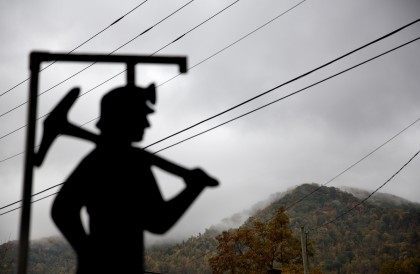
Environmentalists like a good crisis.
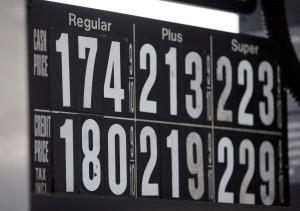
Having a successful business takes a lot of hard work, good market analysis, a better product or service than the competition, and advertising. Add in a bit of luck, and hopefully it will grow. If, however, you are a politically favored business—say solar—your story is different.
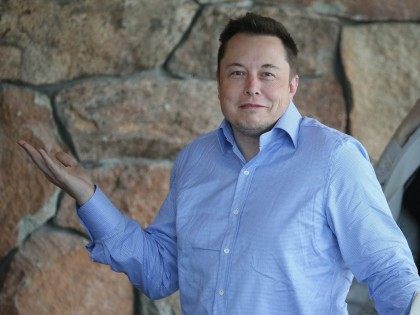
Last year, when Republicans gained a decisive edge in both houses of Congress, I made predictions as to the six energy-policy changes we could expect—as the two parties have very different views on energy issues.
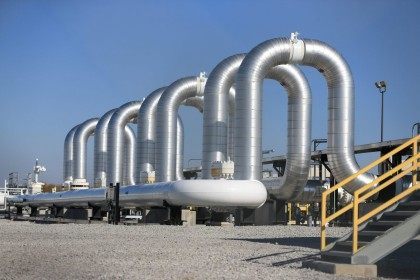
The decades-old legislation that prevented American producers from exporting oil is officially overturned despite previous presidential threats to veto a bill to lift the oil export ban. That’s good policy. However, to get the support of “reluctant Democrats,” The Economist

Recently, the Sierra Club announced an effort “to prevent the extraction of fossil fuels right from the start,” a campaign known as “Keep it in the ground.” The plan seeks to “shut down coal mines, and crack down on hydraulic fracturing, along with stopping the transportation of fossil fuels in oil trains, pipelines and coal export terminals.”
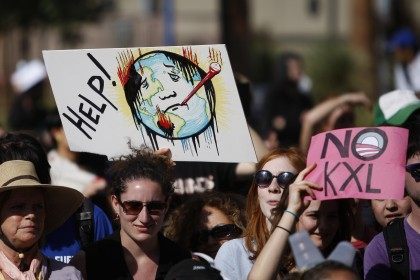
Paris, the City of Light, which earned its moniker by early on adapting natural gas to light its public spaces, hosts COP21 (the 21st Conference of the Parties)—often referred to as the UN Climate Change Conference—that aims to end the use of fossil fuels. There, more than 150 world leaders gathered under the guise of, supposedly, slowing the warming of the planet.
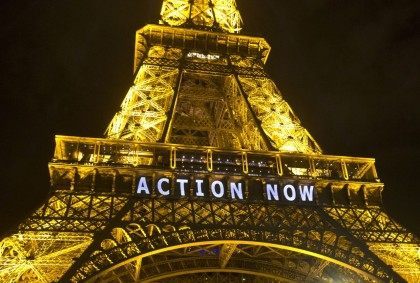
For years, water, or, more accurately, its scarcity, has been predicted to be the next doomsday scenario.

Without the evangelical community’s involvement, efforts to build a “broad coalition to pass major climate policies” are “doomed,” according to a report just released from New America.

Early in his campaign, now top-tier Republican presidential candidate, Ben Carson, supported ethanol—a position for which I called him out. It has long been thought, that to win in Iowa, a candidate must support ethanol. However, in a major policy reversal, Carson told a national audience during the CNBC GOP debate that he no longer supports subsidies for any industry, including U.S. ethanol producers.

For the first time, “Catholic leaders representing all regional and national bishops conferences” have come together in a “joint appeal.” According to reporting in the New York Times, Cardinal Oswald Gracias, archbishop of Mumbai, India, called the October 26 meeting at the Vatican a “historic occasion.” What brought all these Catholic leaders together for the first time? Not the refugee crisis in Europe. Not the plight of Christians in the Middle East. Not a prayer meeting or a Bible study. It was climate change.

Less than one month from now the nations of the world will meet in Paris for the 21st Session of the Conference of the Parties to the United Nations Framework Convention on Climate Change (COP21).

The American consumer resists marketing aimed at selling them electric and hybrid vehicles. For the first quarter of 2015, according to the Wall Street Journal (WSJ), Chevrolet sold 1,874 Volts—its electric car introduced in 2010 with “high expectations.” That roughly equals the number of Silverado pick-up trucks sold in one day.
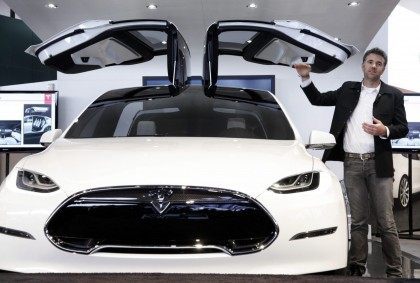
MSNBC’s Rachel Maddow gleefully teased the earthquakes in Oklahoma as “the story that might keep you up at night.” On her October 16 show, she stated that Oklahoma’s earthquakes are: “The terrible and unintended consequence of the way we get oil and gas out of the ground.… from fracking operations.” Yet, when her guest, Jeremy Boak, Oklahoma Geological Survey director, corrected her by saying “it’s not actually frackwater,” she didn’t change her tune.
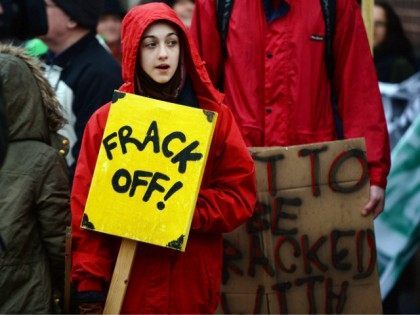
Americans are sick of the bickering in Washington and want both parties to cooperate and get something done. Friday, October 9, offered proof that this can still happen. The house passed H.R. 702, the bill to lift the decades old oil export ban—with 26 Democrats joining the majority of Republicans and voting for it.
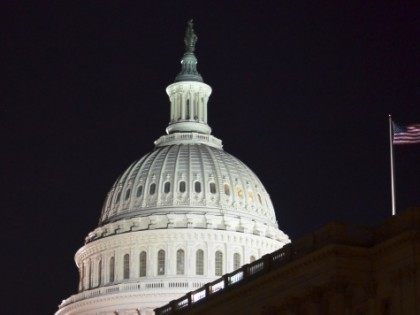
Washington’s overreach has been rolled back by courts and commissioners. In little more than 30 days, there have been five distinct cases that you may have missed—each a victory for responsible land use.

While Pope Francis shuttled around during his historic visit to the U.S. in a Fiat, he shared the news cycle with Volkswagen.
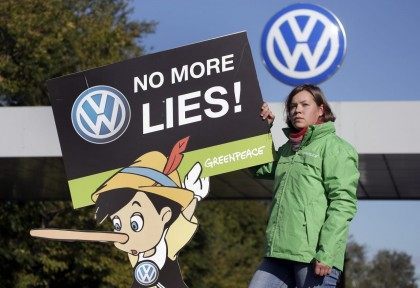
Congress has taken action that actually advances free markets and limits government intrusion.
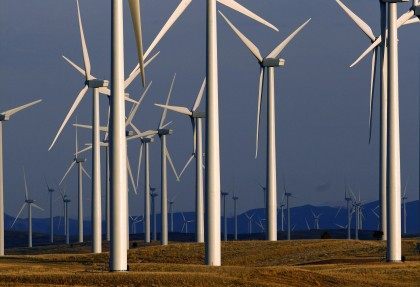
“Whether you support this deal or not, we can all agree that America’s commitment to Israel remains unshakeable. And we will continue—Democrats and Republicans united—to stand with Israel,” says a statement from Senator Brian Schatz (D-HI). Despite widespread opposition from
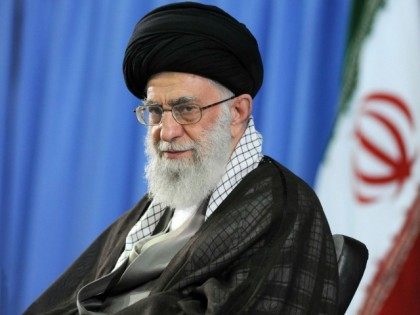
Am I the only one who finds it incongruous that President Obama, when on a carefully choreographed trip to Alaska that highlighted global warming, announced the accelerated acquisition of ice breakers?

Failing to push its unpopular policies through Congress, the Obama administration has resorted to regulatory overreach—and assembled a campaign to use friendly governors and state attorneys generals, in collaboration with pressure groups and ideologically aligned benefactors, to advance the agenda.

A little more than a year ago, oil prices reached above $100 a barrel. Gasoline averaged in the $3.50 range nationally. In late spring, oil appeared $60ish and the national average for gas remained around $2.70. The price of a barrel of oil has since plunged to $40 and below—yet, prices at the pump remain just slightly less than they were when oil was almost double what it is today.
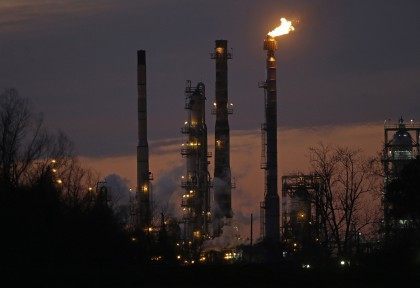
Unless a federal judge issues a preliminary injunction, the definition of the “Waters of the U.S.” will change on August 28—giving the Environmental Protection Agency (EPA) the authority to regulate the water in your backyard.
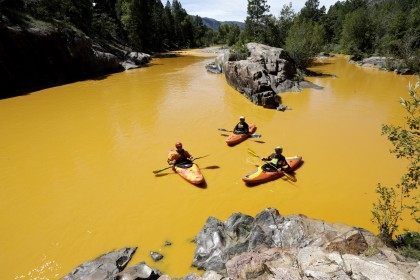
President Obama’s Clean Power Plan, released in its final form on Monday, August 3, sparked jubilation in the solar industry. The same day, however, some other news reminded the public of what happens when government policy mandates and incentivizes a favored energy source: Taxpayer dollars are gobbled up and investors lose out.
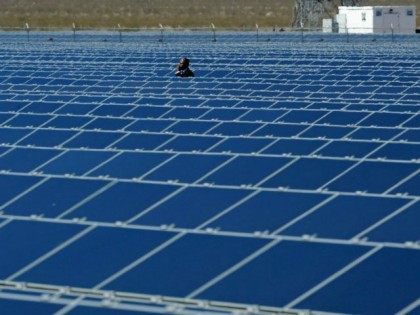
The Clinton campaign’s newly announced “ambitious renewable energy plans” move far beyond Obama’s highly criticized efforts that have increased costs and jeopardized reliability. But they appease environmental activists and wealthy donors.
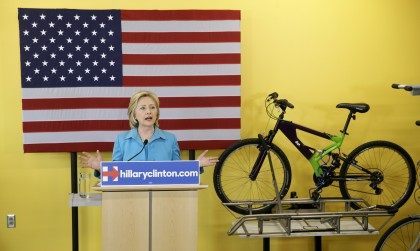
President Obama’s confusing approach to energy encourages our enemies who shout “death to America” as it penalizes our closest allies and even our own job creators.

Mexico’s President Enrique Peña Nieto reformed his country’s energy policy and invited outside intelligence and investment to boost slumping oil output. In late 2013, he amended the Constitution to allow private and foreign companies to explore and produce oil and gas in Mexico—for the first time in nearly eight decades. The amendments put an end to the government monopoly. Nieto hopes his reforms will bring in $50 billion in investment by 2018.
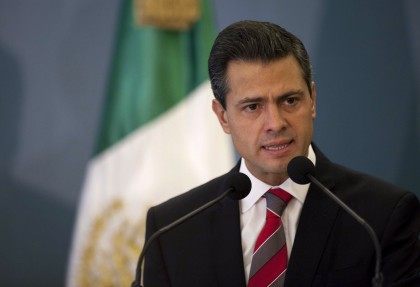
Despite public protest, Japan is going nuclear—again.
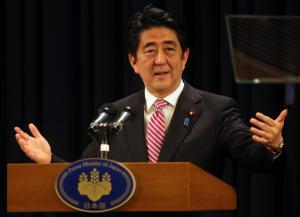
If you live in the United States, vote, pay taxes, and get your electricity from a utility company, you’ve helped the solar power industry. You support the solar industry through a variety of tax and regulatory policies—voted in by politicians you elected—that favor it over other lower-cost forms of electricity generation.

The climate alarmists, generally the same people who dis the church and its position on abortion, the origin of life on earth, and the definition of marriage, appear practically giddy over Pope Francis’ recently released climate encyclical. Even Al Gore, who admits he was “raised in the Southern Baptist tradition,” has declared he “could become a Catholic because of this pope.”
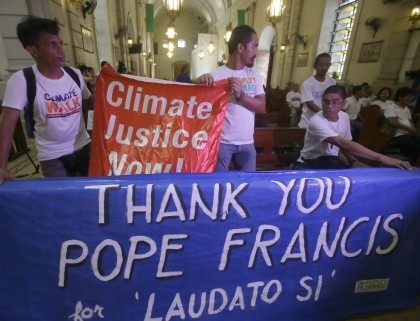
That the Senate Homeland Security and Government Affairs Committee attacks the Environmental Protection Agency’s (EPA) management—er, mismanagement—of the federal renewable fuel standard (RFS) indicates the growing frustration over both the agency and the RFS itself.
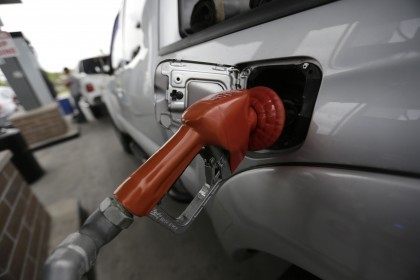
New polling emphasizes that support for traditional energy concerns has become a partisan issue. Large majorities of Republicans favor key energy issues—but voters of every ideological stripe say energy issues will be an important part of their voting decisions.
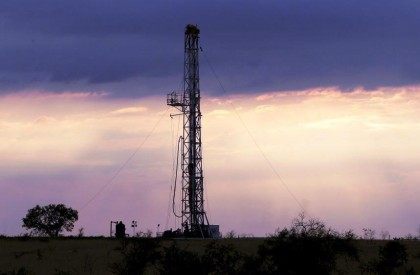
The Export-Import Bank generates headlines because, after more than three-quarters of a century, it is about to go away. But it won’t go away if Democrat presidential candidate Hillary Clinton, and Republican Senator Lindsey Graham, can do something about it.

One year ago, Gina McCarthy, Environmental Protection Agency (EPA) administrator, announced the controversial centerpiece of the Obama Administration’s climate change legacy: the Clean Power Plan (CPP). The rule is slated for finalization this summer.

Throughout the United States, especially in communities with existing or potential oil-and-gas development, outside groups have moved in with a vengeance and agitated the population—resulting in bans against all exploration for hydrocarbons and/or the use of hydraulic fracturing. Expensive lawsuits have been filed and courts have repeatedly declared such bans as “unconstitutional.” The newest domino to fall is in Texas where Governor Greg Abbott, on May 18, signed House Bill 40 (HB40)—also known as the Denton Fracking Bill—which clarifies that an “oil and gas operation is subject to the exclusive jurisdiction of the state. Breitbart Texas reported on the bill’s passage.

In the United States, and most of the western world, there is an ideological war with dire physical consequences. It is the war on fossil fuels. But, even if you understand that energy is central to everything in modern society, the war is much bigger than energy. It is about freedom. It is about control. It is about global governance.
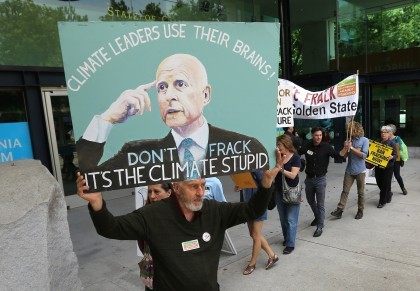
Dr. Carson, I know you are smart, very smart. But you know medicine. You need very smart people to advise you on energy policy now, before you address the topic any further. I have a cadre of energy experts that I could make available to you—and any candidate who wants smart energy policy. Call me, maybe?
